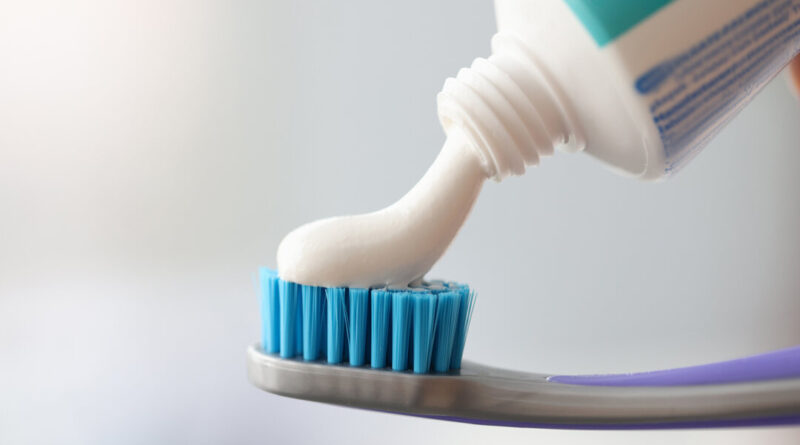National Survey Suggests Canadian Women Prioritize Dental Health Over Men
Canadian women are putting in more effort to care for their teeth than their male counterparts, according to data from the first-ever national oral health survey.
Seventy-six percent of Canadian women and girls polled said they brush their teeth at least twice a day, while 65 percent of men and boys reported brushing at least twice a day, Statistics Canada data from the Canadian Oral Health Survey found.
Males are not only less likely than females to brush two times daily, they are also less likely to floss. Just 26 percent surveyed between November 2023 and March 2024 reported flossing at least five times a week, compared with 34 percent of females.
Despite having better oral hygiene, females were more likely than males to report problems with their teeth. Twenty-four percent of the females surveyed reported having persistent pain in their mouth compared with 19 percent of males.
Eighteen percent of females said they avoided eating certain foods while only 14 percent of males reported doing so.
Mouth pain was more common among adults, the study found, noting that adults were more than twice as likely as children and youth 17 and under to report pain.
Among Canadian adults, 24 percent reported persistent pain in their mouth and 18 percent reported avoiding certain foods because of mouth problems, while 11 percent of children and adolescents experienced mouth pain, and 6 percent reported steering clear of certain types of foods due to oral issues.
Oral Pain
Lower-income Canadians and those without dental insurance are at a higher risk of having oral pain, the study found.
“The results released today show that Canadians with lower family income were significantly more likely to experience mouth pain and avoid certain foods because of mouth problems,” StatCan said, noting that 27 percent of those with a family income of less than $70,000 experienced regular pain. That number dropped to 16 percent of those with a family income of $90,000 or more.
Among families earning between $70,000 and $89,999, 23 percent reported experiencing oral pain and 16 percent said they avoid consuming certain foods.
It is a similar case for dental insurance coverage, with 29 percent of uninsured Canadians reporting pain compared with 18 percent of those who are insured. Canadians without insurance were also more than twice as likely to avoid certain foods because of mouth problems as those with insurance.
Mouth pain was highest among those with disabilities. Forty-six percent reported experiencing persistent mouth pain or avoiding eating certain foods because of mouth problems.
Thirty-seven percent of people with disabilities said they experienced persistent oral pain 31 percent are forced to avoid eating certain foods.
Toothlessness
Toothlessness, also known as edentulism, is highest among seniors with 11 percent of those over the age of 60 reporting having lost all their natural teeth, according to the data. Only one percent of those aged 59 or younger reported being toothless.
Edentulism tends to be highest among smokers. The survey found that current or former smokers were nearly twice as likely to report having lost all their natural teeth as those who reported having never smoked.
Among older Canadians, 21 percent aged 65 and older who were current or former smokers reported having lost all their natural teeth, compared with 13 percent of those who never smoked.
Canadian seniors were less likely to have lost all their natural teeth than those living in other countries, StatCan said.
World Health Organization stats show the global rate of edentulism in individuals aged 60 and older stood at 23 percent in 2022.





